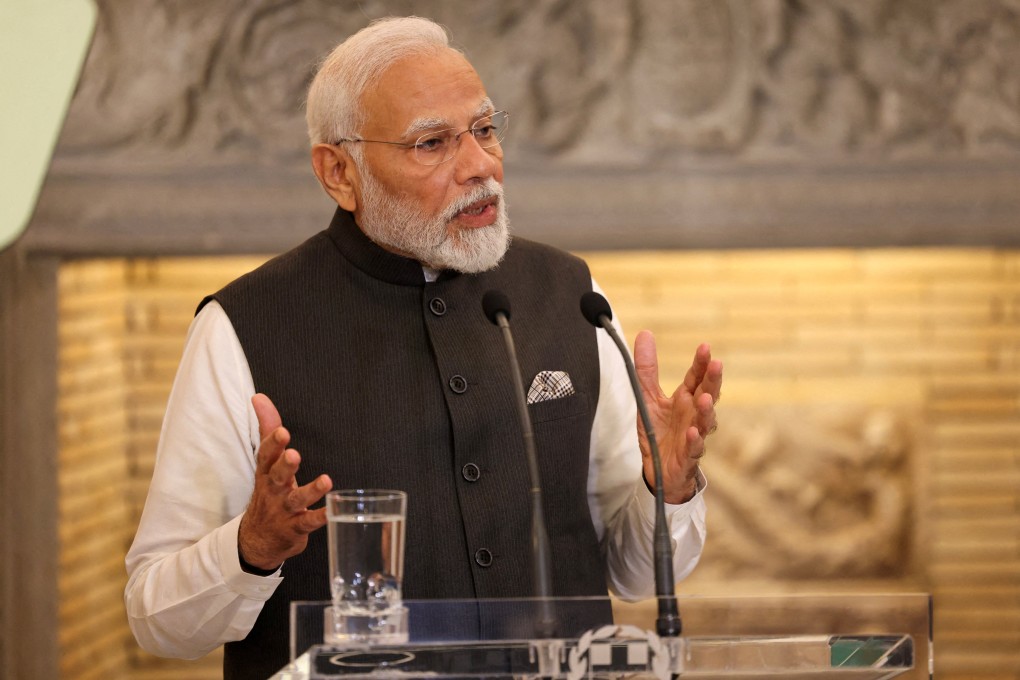India’s BJP mulls simultaneous federal and state polls to cut costs, gain ‘advantage’ over opposition mega coalition
- The ‘one nation, one election’ proposal is aimed at helping reduce the time politicians spent on campaigning and cut the cost of conducting polls
- Analysts say the move could give the BJP the edge in elections given its extensive reach in the country, as opposition, regional parties voice resistance

India’s plan to study holding concurrent federal and state polls has drawn scrutiny as a mega coalition of 27 opposition parties unite ahead of next year’s general election.
The proposal, billed as a cost-cutting move, could give Prime Minister Narendra Modi and his ruling Bharatiya Janata Party (BJP) an edge in coming state and general elections, analysts say, even as the main opposition Congress party and 26 regional parties have united under the banner of an INDIA (Indian National Developmental Inclusive Alliance) grouping.
Modi’s government has called a special five-day session of parliament from September 18 to 22 but has not disclosed the agenda.
According to local reports, the government will lay the ground for introducing the “one nation, one election” legislation during the session, though its passage would take time because it would require amendments to the Indian Constitution and the Representation of the People Act. It would also have to be passed by parliament and ratified by states, about half of which are ruled by rivals of the BJP.
“I expect a lot of developments, though at this juncture we don’t know whether the committee will take 20 days, 20 weeks or 20 years [to issue guidelines]. But the fact that this has been initiated likely means we are close to wrapping it up,” said Nilanjan Mukhopadhyay, an independent political commentator.
“In 2024, we will see simultaneous polls being held in some form or the other,” Mukhopadhyay said. “I think it’s a very smart move [by the BJP rulers]. Modi can go to voters and say that I have saved the country so much money.”

Modi and the BJP have for long pushed the idea of combining state and federal elections to help reduce the time politicians spent on campaigning and cut the cost of conducting polls in the world’s most populous country.